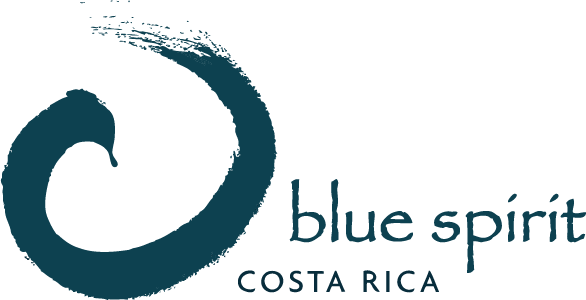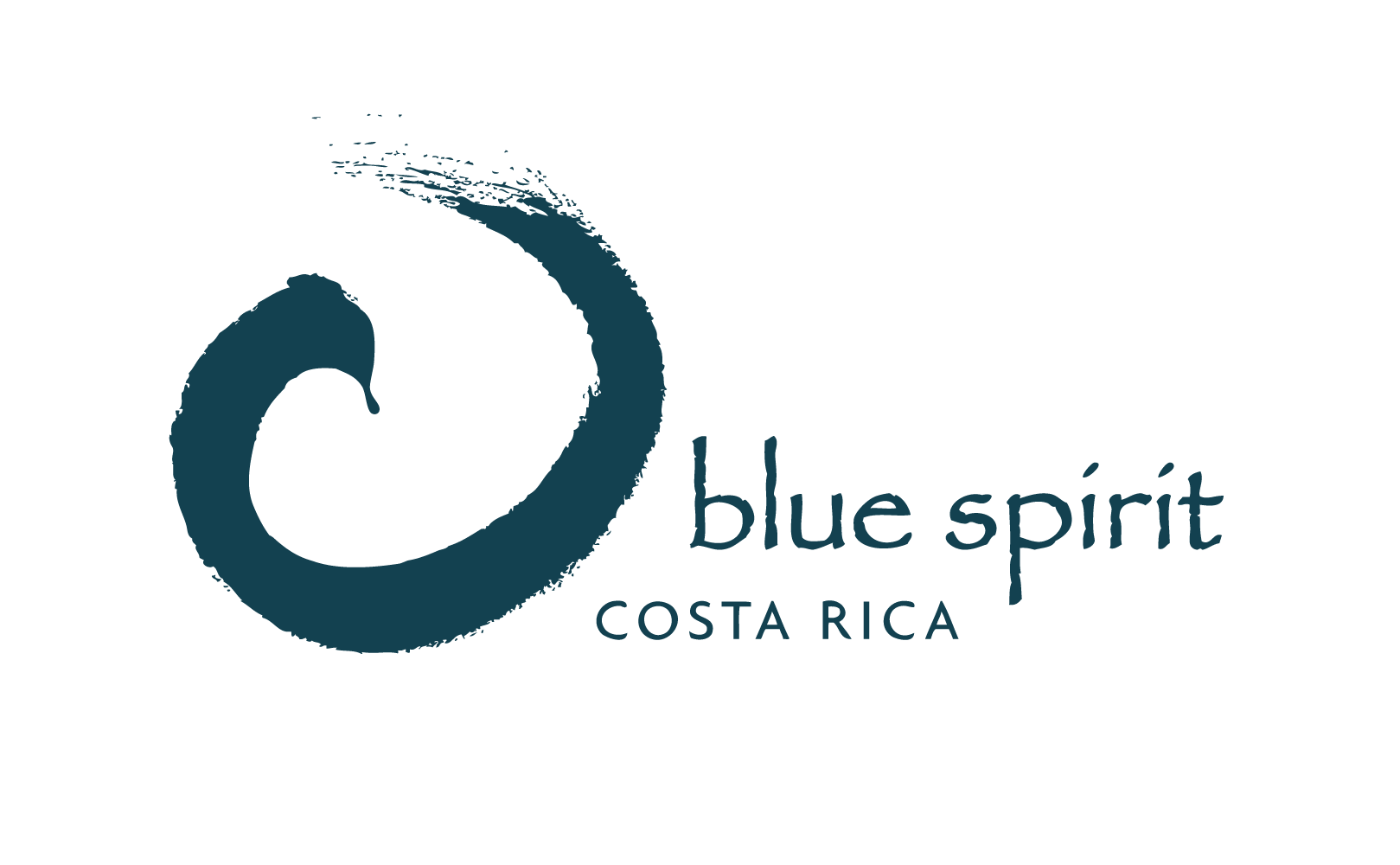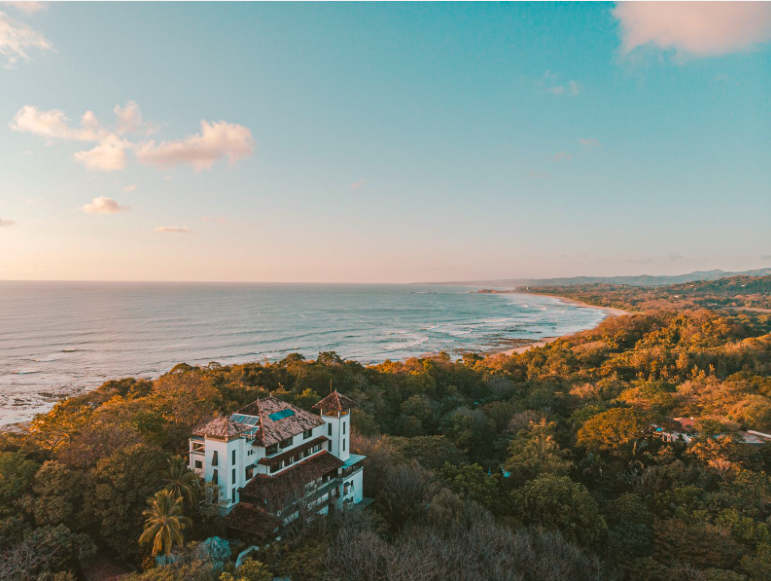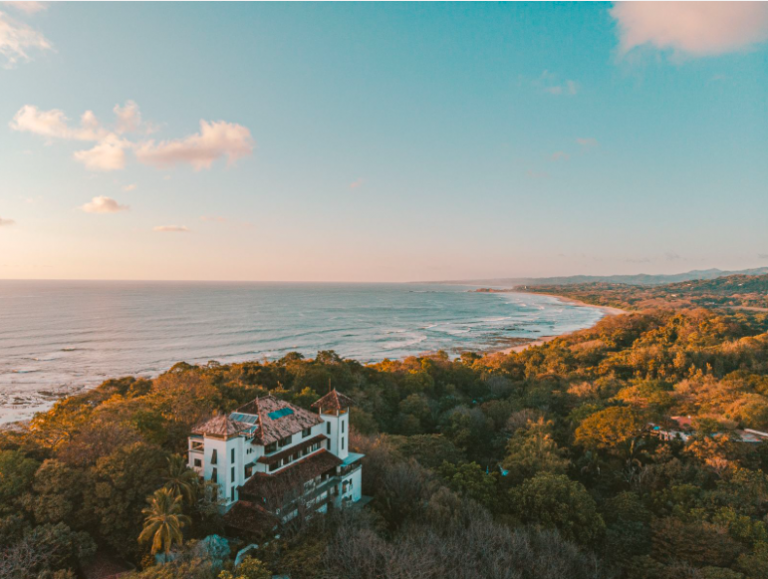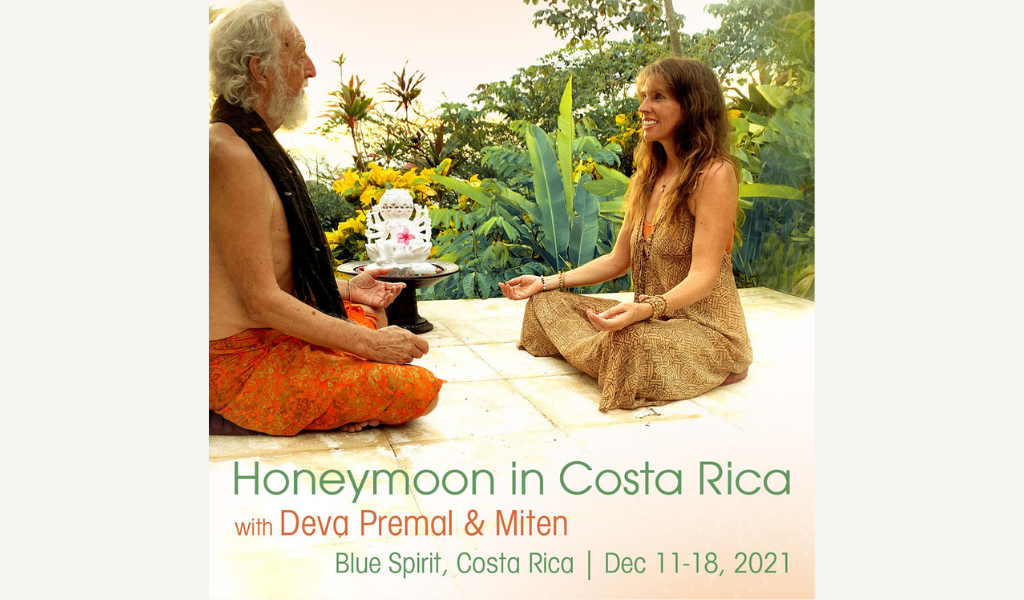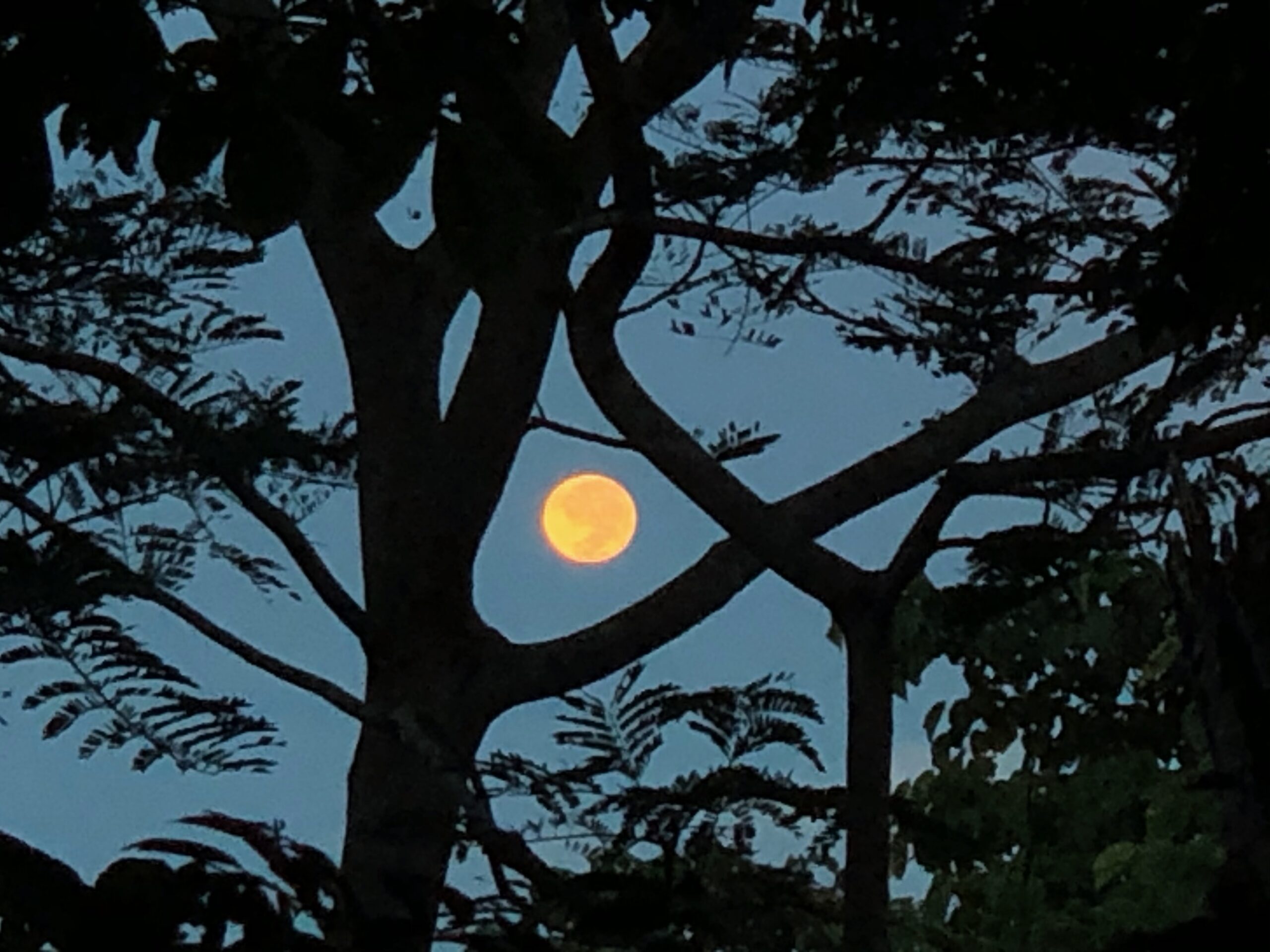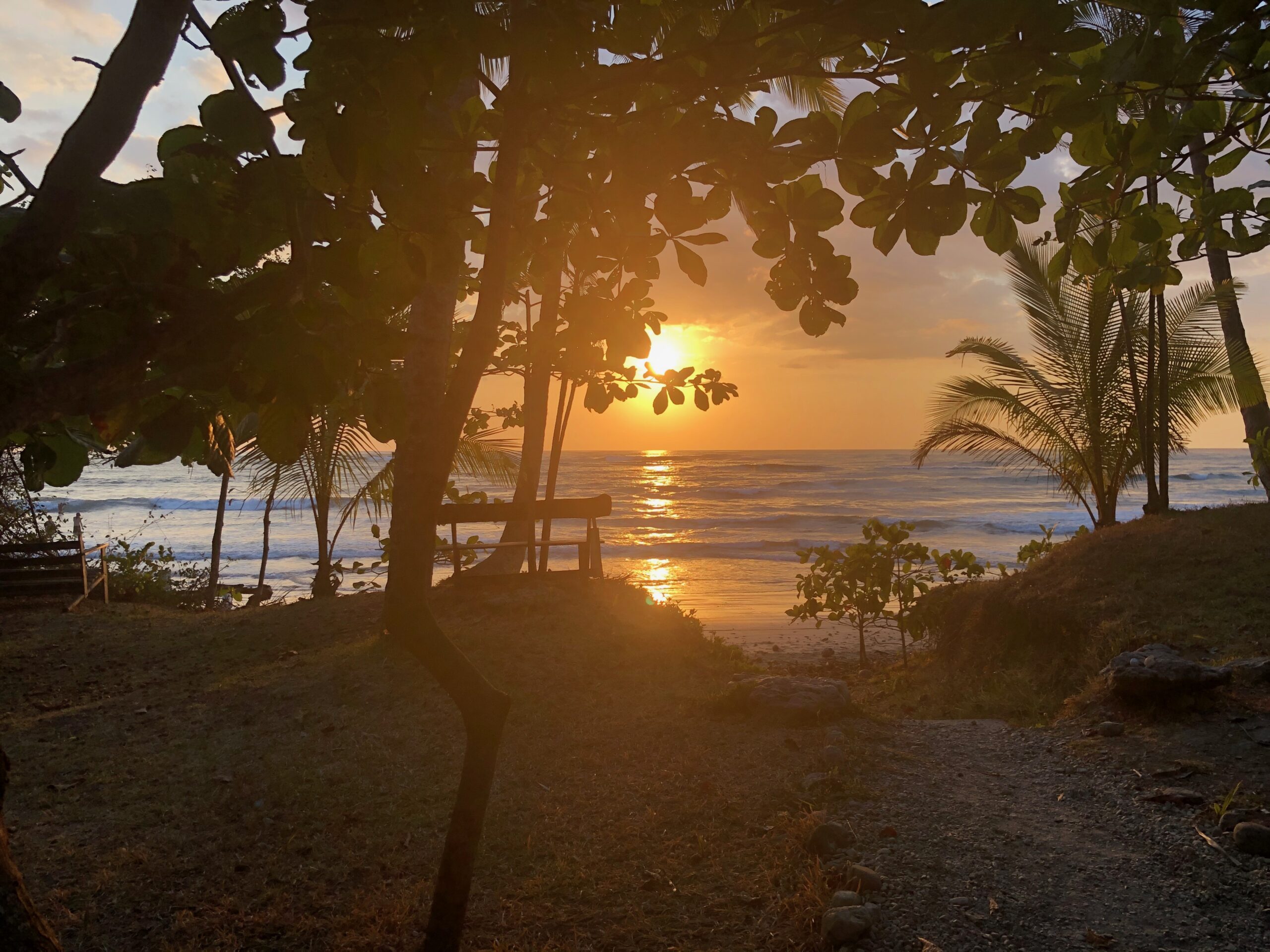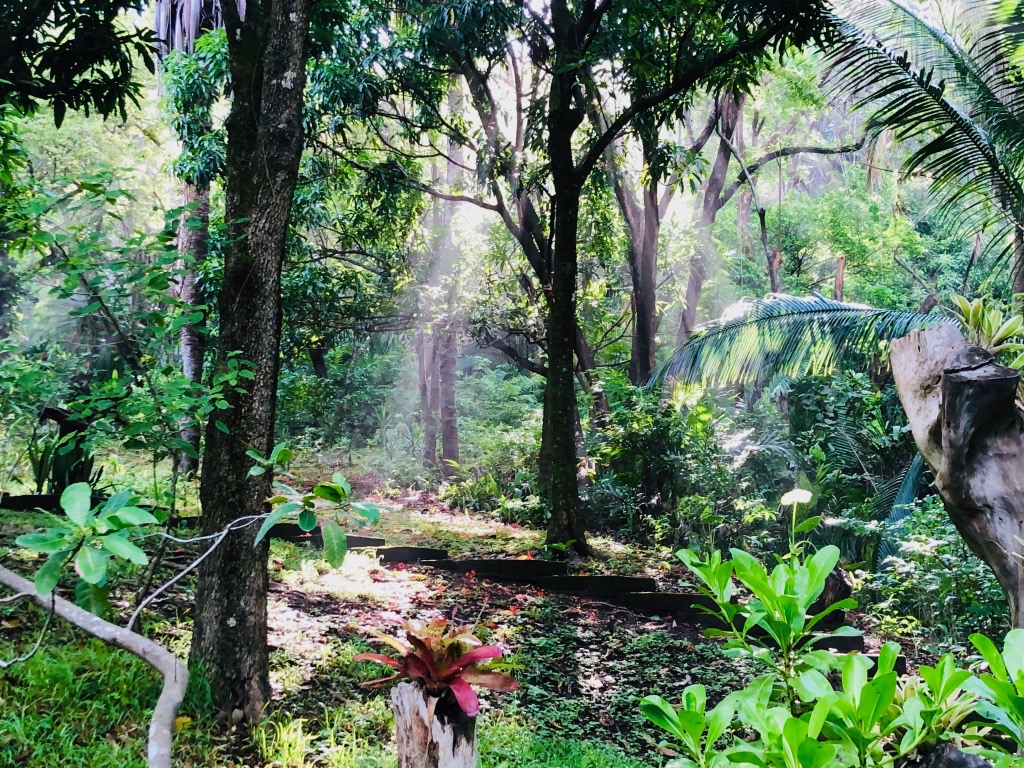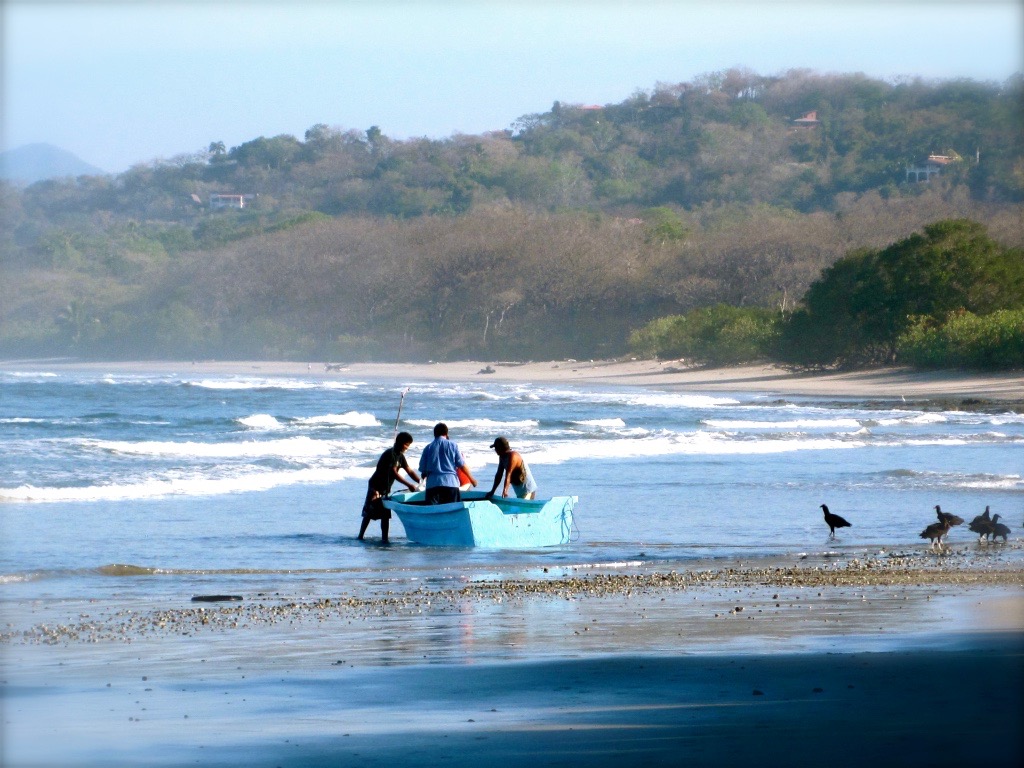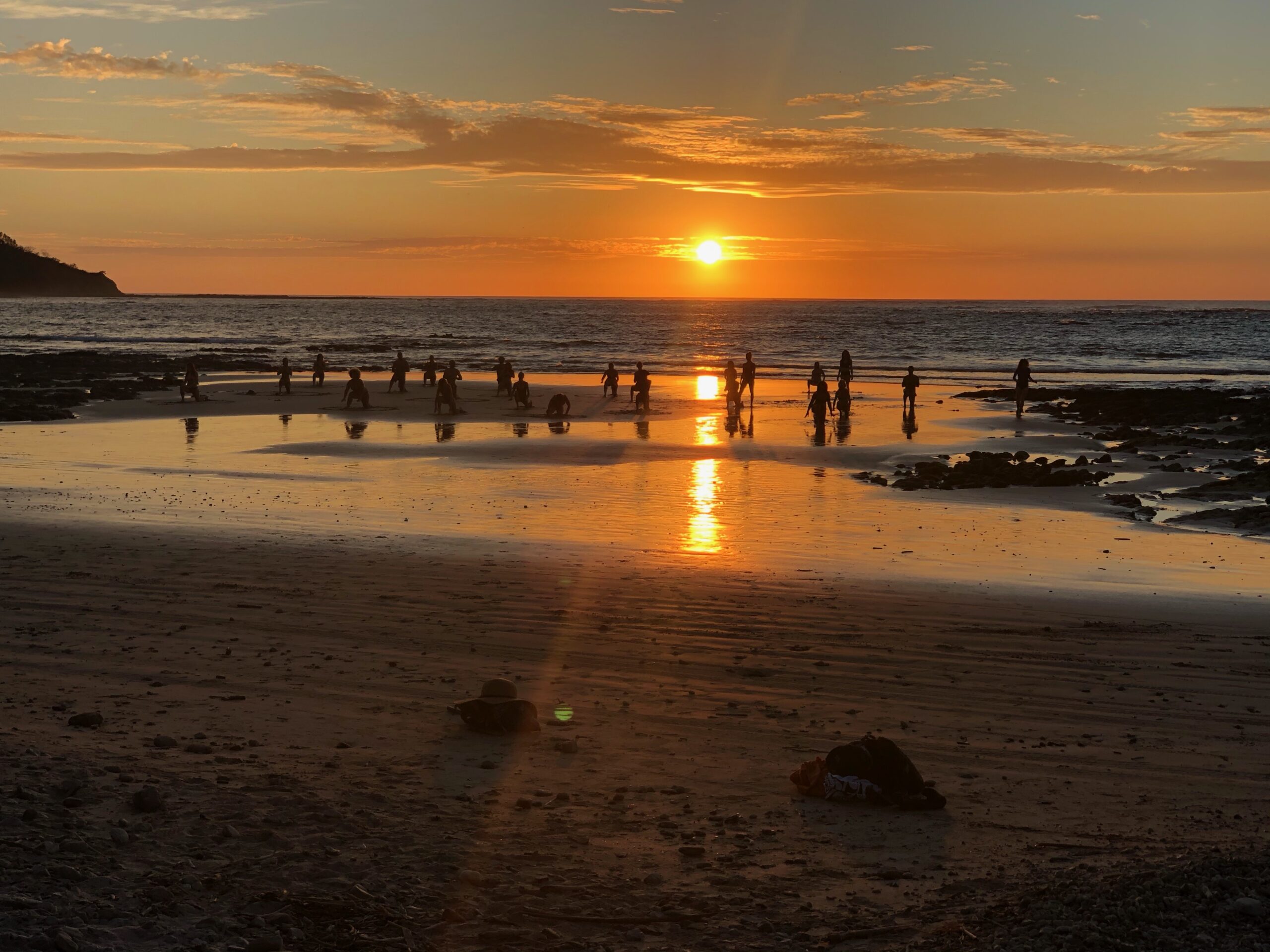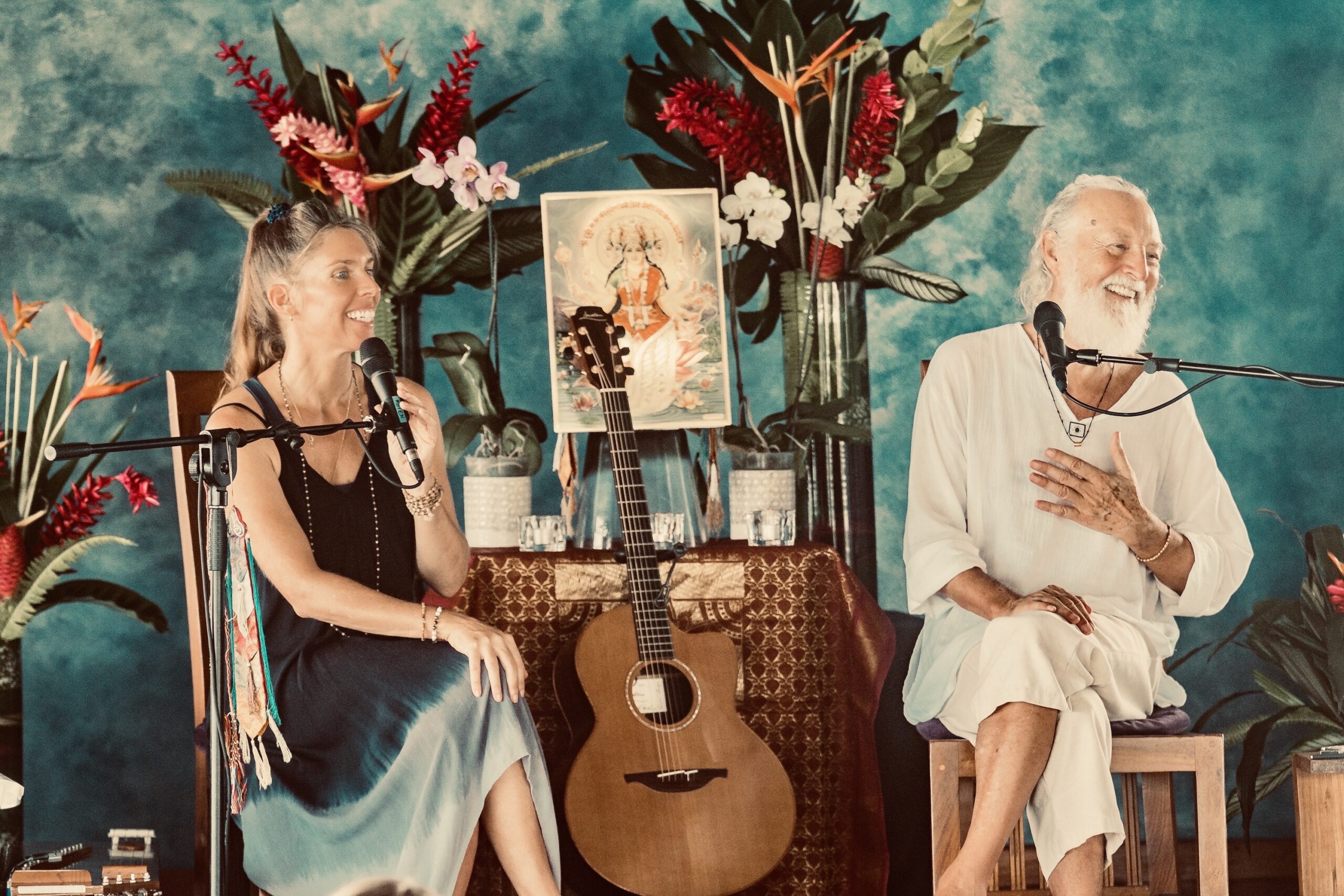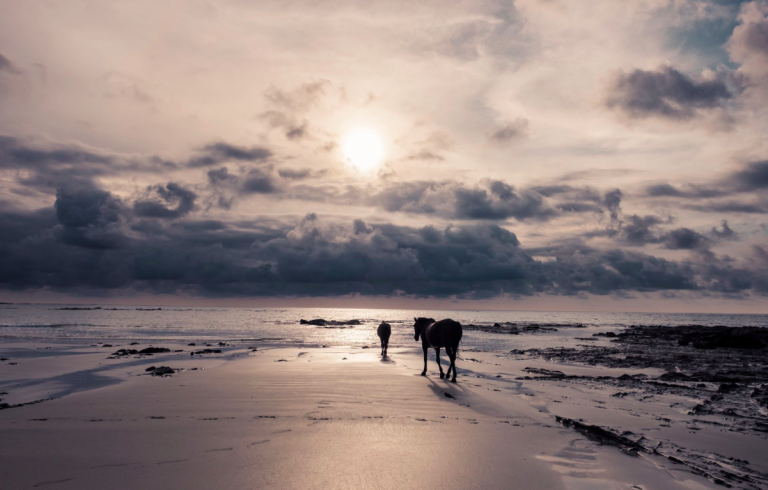Deva: Finding Her Voice
Deva’s mother was a teacher of medieval music, offering lessons in piano, harpsichord, and recorder, and leading a local church choir, and Deva’s father was a visual artist who had taken up Middle Eastern drumming when Deva was born. In addition, both parents had embraced Zen spirituality and Eastern philosophy, well before Deva’s birth, and had a daily practice of chanting in Sanskrit. When Deva was in the womb, for example, her father sang the Gayatri mantra to her daily, and when she was a little girl, he sang it to her nightly, as a lullaby. And so Deva’s childhood was filled with chamber music, drum circles, and mantras – in particular, the Gayatri mantra, which back then Deva had no idea was one of the most revered and powerful mantras of all.
For the most part, Deva did not appreciate her parents’ influence – musical or otherwise – until she was older. As a child, she just thought her parents were weird, and at the age of 10, wanting to be normal like the kids around her, Deva dove into studies of Christianity and pursued getting baptized. In addition, while Deva studied recorder, piano, and violin, and even enrolled in a school that emphasized music education and performance, she disliked the rigidity of classical music and the rigors of practicing. Even then, however, she was drawn to both choir and orchestra, because she enjoyed the act of creating music together, through community – foreshadowing her future.
Meanwhile, one thing from childhood resonated deeply with Deva, as she still was growing up: her mother’s discovery of Osho’s teachings. Deva immediately felt a calling, and at the age of 17, quit school and moved to India, to join Osho’s ashram – where she immersed herself not only in Zen theology but also in a menagerie of artistic expressions of the Divine: Sanskrit mantras, Sufis dances, Native American chanting, African drumming, and more. Having broken from guru tradition, Osho did not teach mantras as an official part of ashram life. He did, however, encourage all those in attendance to share their unique expressions of love, peace, oneness, and compassion, in whatever format and from whatever tradition.
Miten: Finding His Soul
To the outside observer, British native Miten (then known as Andy Desmond) had it all: a wife, a child, and a successful career as a working musician – touring with, opening for, and being featured as a guest musician for bands like Fleetwood Mac, Fairport Convention, Hall and Oates, Randy Newman, and Ry Cooder, at stadiums worldwide. The sex, drugs, and rock & roll lifestyle, however, came with a hollowness and profound distortion that ate at Miten’s soul. At the end of the day, music seemed to be nothing more than a sales commodity, with musicians serving as industry pawns who generated cash for company executives, at the expense of true self-expression and art. After spinning through this world for years, feeling increasingly alienated from himself, his family, and life itself, Miten hit a spiritual crisis and underwent a breakdown, where the only way he knew how to save himself was to get up and walk out, on everything and everyone he knew.
At the time a 29-year-old, Miten had just read No Water No Moon, a book of discourses by Bhagwan Shree Rajneesh (Osho) on Zen parables. One story in particular was life-altering to Miten: On a full-moon night, Chiyono, a nun, was carrying a bucket of water from the well. Just as she was noticing the moon’s reflection in the water, the bucket broke. At that moment she looked up at the moon and became enlightened – realizing she had spent her whole life focused on the reflection of “the real thing,” instead of on the real thing itself. Miten then understood that while music in general, and his music in particular, had something deep within it, the commercial approach of the music industry was just a reflection of the real thing. It was as if music were the key to something greater – a profound inner peace and sense of connection with the infinite – but he had been busy polishing the key, instead of opening the door with it.
Eager to learn more and embrace a whole-being transformation, Miten promptly left England and found himself in an ashram in India, where he released all worldly possessions, as well as his identity as a musician, and joined Osho’s sangha (spiritual family). Living a simple and humble life while studying with Osho, doing work like chopping vegetables in the kitchen, Miten found the courage, and the perfect environment, to face his inner demons and become who he truly was on the soul level, instead of keeping up the image of the person he always had thought he should be. Feeling a deep sense of inner strength, for the first time ever, Miten eventually revisited his musical roots, but from a different place: one of spirituality and devotion, where he served as a channel for the ashram community, offering up original songs that celebrated Osho’s teachings.
It was in this capacity that Miten, then 40, met German expat Deva Premal, 20, who at the time was a bodywork practitioner at Osho’s ashram – practicing Shiatsu, Craniosacral therapy, and Reflexology. The daughter of two artists who practiced Indian spiritual teachings, Deva had grown up with music and mantras. Prior to meeting Miten, however, she had not embraced either as part of her own path.
